

Good morning 
This is our last call for reviews on TC Daily design.
If you have something to say about the newsletter’s design, please let us know by filling out this form.

Companies
Airtel Nigeria’s move to unlock new revenue streams
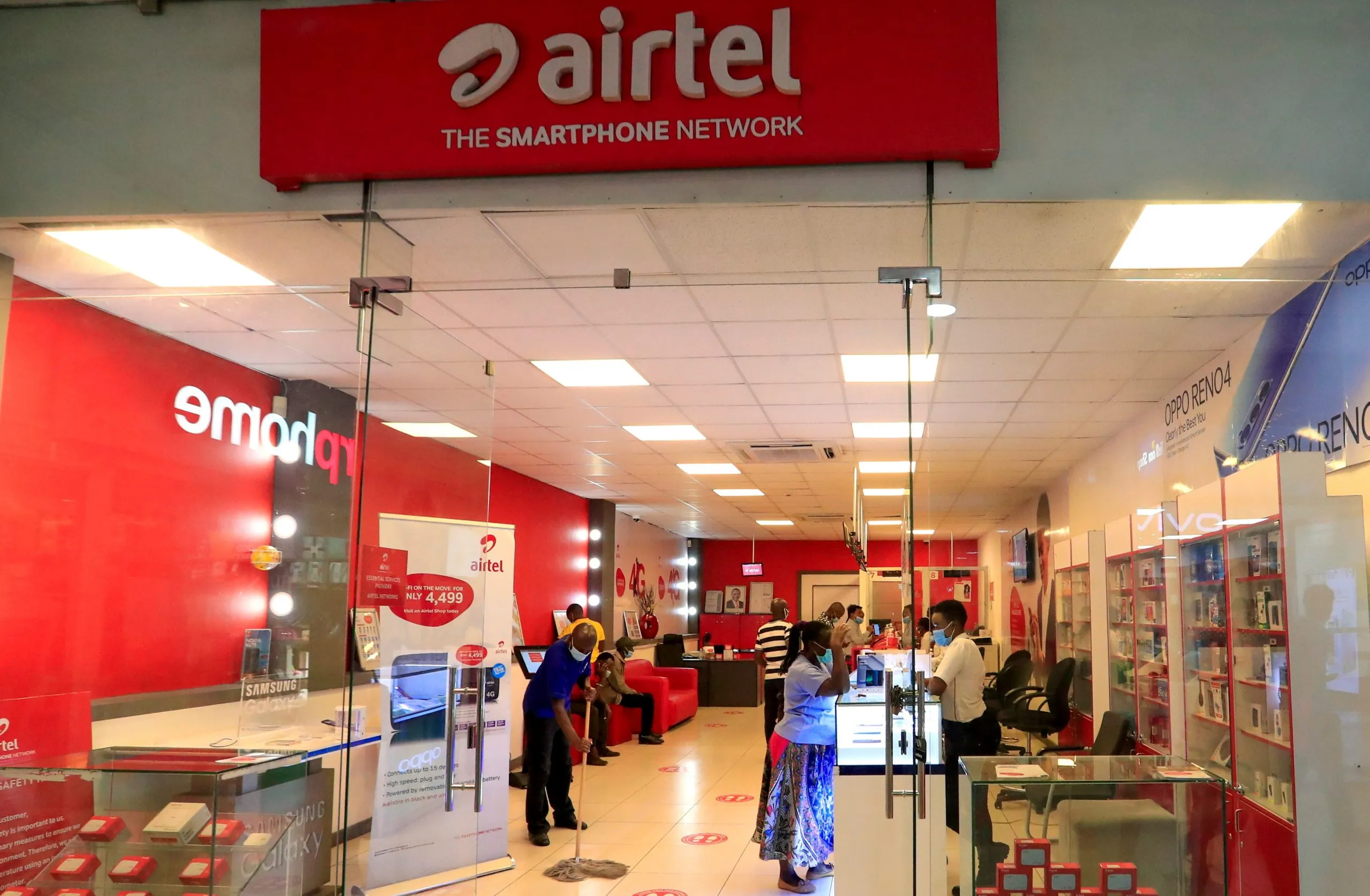
Mature businesses have established positions in the market. They usually have a strong mix of assets and liabilities on their balance sheets, people either love them or hate them for one reason or another, and they are often considered important businesses. Yet, these companies everywhere face the same problem: capped revenues.
A mature business needs help to grow. Because it has a mature product line known by everybody, its growth rate slows. When growth slows, money inflow stalls with it, making reaching new heights difficult. In cases like this, mature businesses try to unlock new revenue streams by targeting a new audience or entering a new market.
Airtel Nigeria, the country’s second-largest telco and arguably a mature business operating since 2001, is doing this same thing with its subsidiary: Airtel Nigeria Telesonic Limited. On September 4, the Nigerian telecoms regulator, the Nigerian Communications Commission (NCC) awarded Telesonic with three new licences to provide internet services, sell telecoms infrastructure, and provide wholesale long-distance telecoms services.
Airtel Nigeria, through its subsidiary, will enter new markets to try and unlock new revenue opportunities and provide a buffer to its telco business that so often takes a business hit due to operational and forex losses, owing to currency devaluation.
Though its market choice of entry is questionable due to the participation of other established players, with a stroke of luck and a lot of branding activity, Airtel Nigeria will reach a new audience that will open new pathways to profit for it.
Read Moniepoint’s 2024 Informal Economy Report
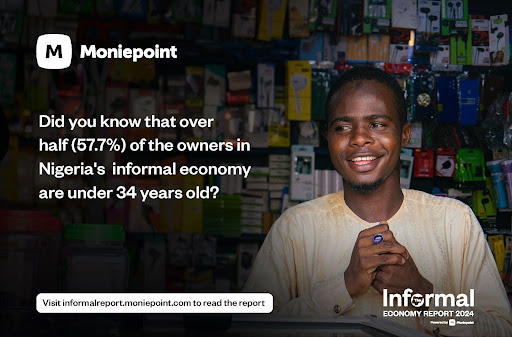
Did you know that 57.7% of the business owners in Nigeria’s informal economy are under 34 years old? Click here to find out more about the demographics of Nigeria’s informal economy.
Economy
DRC cancels $1.2 billion national ID project
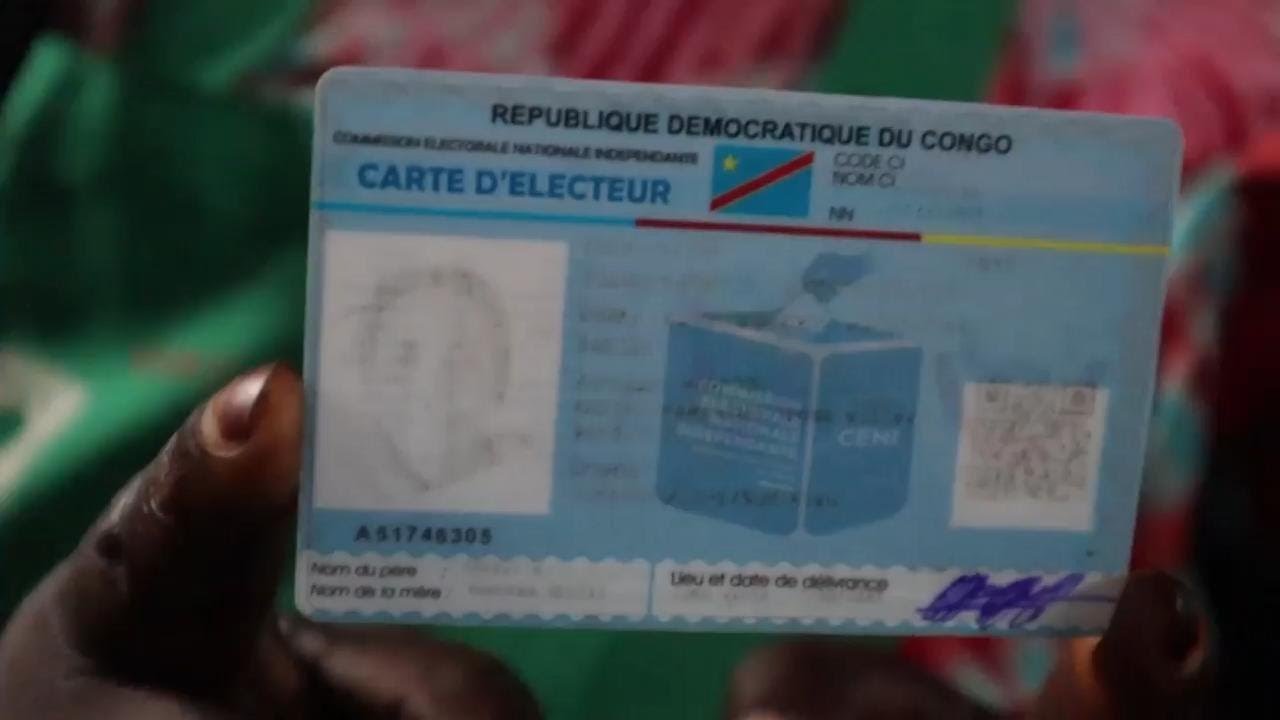
The Democratic Republic of Congo (DRC), one of the world’s poorest countries, has no national ID system. This lack of civil registry has made it difficult to know the country’s population, who can vote, or who is eligible to pay tax. Citizens of the country also struggle with securing official documents, cash checks, opening bank accounts and receiving money from abroad as a result.
Despite many failed promises by the country’s leaders to build a national ID system, the country’s latest stab at building a national ID system has been put on hold.
In 2020, close to 60 companies reached out to the Congolese government to provide a national ID system. The project was estimated to cost about $360 million, according to the country’s Ministry of Interior.
When biometrics provider Idemia and local partner Afritech emerged as the preferred provider, their proposed cost ballooned to about $1.2 billion. The proposed figures, more than three times the ONIP’s cost estimates, made activist groups and government watchdogs frown against the project, warning against potential misuse of funds.
These warnings by watchdog groups prompted the government to cancel the deal. If the deal had been executed, it would have been one of the most expensive digital identity contracts in history.
Collect payments anytime anywhere with Fincra
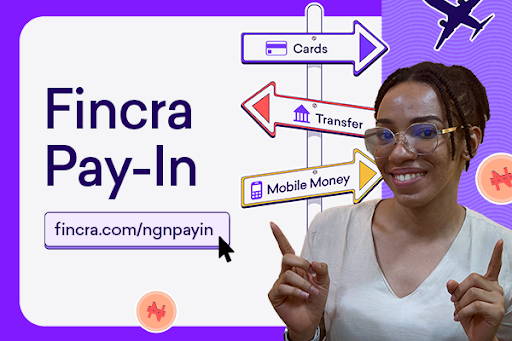
Are you dealing with the complexities of collecting payments from your customers? Fincra’s payment gateway makes it easy to accept payments via cards, bank transfers, virtual accounts and mobile money. What’s more? You get to save money on fees when you use Fincra. Get started now.
Mobility
Fuel hikes in Nigeria force Uber to review fares
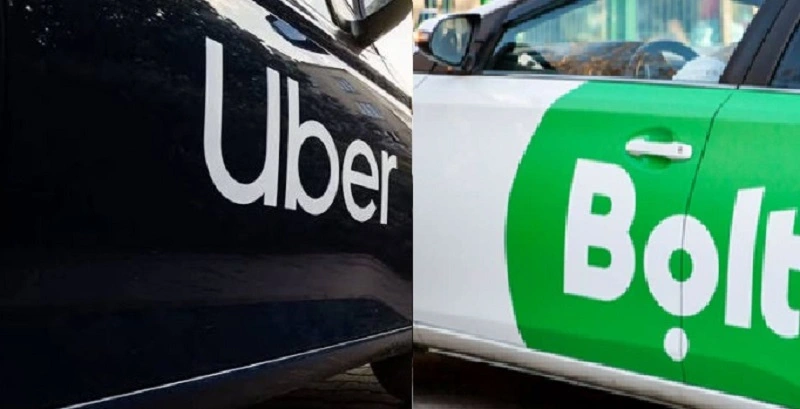
Since President Bola Tinubu removed fuel subsidy in 2023, the price point for fuel has jumped four times—₦195 to ₦540 to ₦610, and now ₦897 per litre.
Gig drivers have had to deal with these price increases, leaving ride-hailing companies to constantly review base fares.
These ride-hailing companies will once again make the decision after the NNPC set new fuel prices to about ₦897 per litre.
“We are currently conducting a comprehensive review of the recent increase in fuel prices and considering various initiatives to minimize its impact on driver earnings,” Uber’s spokesperson told TechCabal.
Before now, drivers have always complained that the price increment by Uber and Bolt did not meet their expectations. These drivers have also clamoured for a reduction in commission. However, ride-hailing companies risk driving riders away with exorbitant price increases. Already, ride-hailing is becoming a luxury to most users.
Still, drivers want increased prices, with some turning to rival inDrive, the ride-hailing platform that uses a bidding system that allows drivers and riders to set fares and charges less commission.
One contrarian idea might be that both Uber and Bolt may need to copy inDrive’s model to win over drivers. Bolt has implemented a flexible pricing model, similar to inDrive’s, allowing passengers to bid higher fares to drivers, increasing their likelihood of securing rides during peak demand times.
Paystack Virtual Terminal is now live in more countries
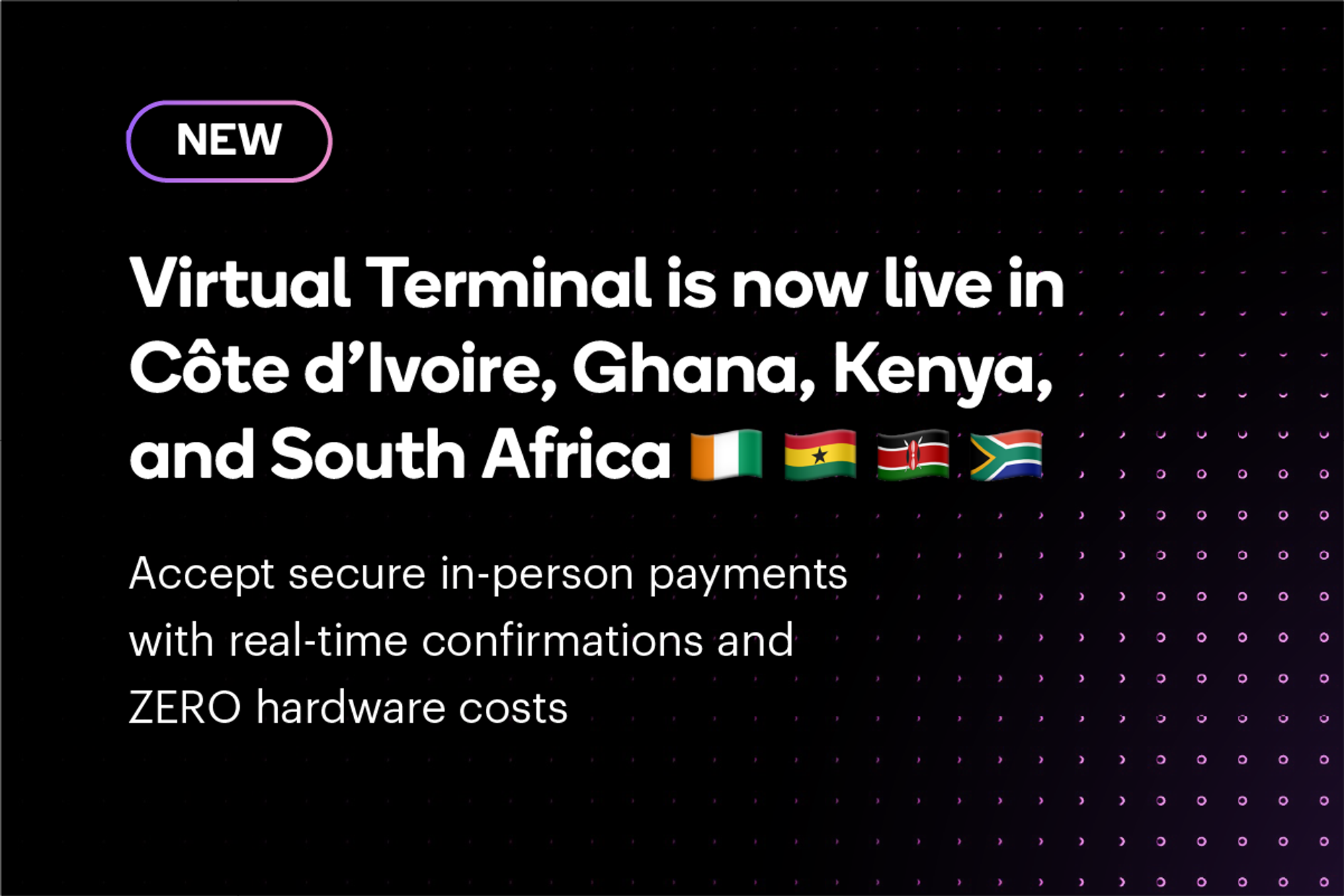
Paystack Virtual Terminalhelps businesses accept secure, in-person payments with real-time WhatsApp confirmations and ZERO hardware costs. Enjoy multiple in-person payment channels, easy end-of-day reconciliation, and more. Learn more on the Paystack blog →
IoT
Huawei to build more data centres in Africa

Huawei, a Chinese global technology company, has been silently making its mark on the African tech scene.
After entering the African market in 1999, Huawei had to compete with already established players like Ericsson and ZTE in the telecoms market. However, soon enough, it gained credence by doing just one thing: it expanded to carrier and enterprise services. The allure of getting full-service solutions appealed to big businesses like Nigerian traditional banks, Orange, and Safaricom.
The growth of these companies also played its part and solidified Huawei’s growth. As they grew, Huawei too grew. Whether you chalk this up to serendipity or not, Huawei is spotting another trend in the African tech scene.
There is currently a data centre boom going on in Africa due to interest in artificial intelligence and reliable cloud storage solutions for big businesses. Huawei has revealed plans to build more data centres in East and West Africa to support this increasing demand.
The technology giant has been consolidating its partnership with African governments after building smart cities and tech talent initiatives in countries like Zambia and Uganda. Yet, its real goal is to become an infrastructure leader in the continent.
Its playbook remains the same: aggressive pricing, customised full-service integrated solutions for big businesses, and government support.
CRYPTO TRACKER
The World Wide Web3
Source:

|
Coin Name |
Current Value |
Day |
Month |
|---|---|---|---|
| $57,183 |
+ 1.23% |
+ 3.00% |
|
| $2,410 |
+ 1.48% |
– 3.75% |
|
|
$4.58 |
– 4.73% |
– 16.17% |
|
| $132.86 |
+ 4.22% |
– 5.44% |
* Data as of 06:30 AM WAT, September 5, 2024.
Events
- We’re excited to announce our partnership with Wimbart the second edition of their pioneering pan-African research publication, “Startup Performance Reporting in Africa”. This report will shed light on the intricacies of investor relations within the African tech ecosystem. If you’re a founder, take a couple of minutes to share some key insights with us by filling out this survey
- The Lagos Innovates Workspace Voucher Programme is back, offering startups the chance to secure state-of-the-art workspaces with top-notch equipment, all without the usual costs. Benefit from a collaborative environment, networking opportunities, and the freedom to focus on building your dream startup. Apply for a workspace voucher.
- Lagos Idea Hub is an 8-week programme designed for entrepreneurs ready to scale their startups with tailored mentorship, proven growth strategies, and direct access to industry experts. Gain practical insights from mentors who understand your industry, implement strategies that drive sustainable growth, and connect with a powerful network of entrepreneurs, investors, and leaders. Apply to join the Cohort 10.0.
- The Future of Capitalism Tech Startup Competition is offering $1 million to one lucky tech startup that can transform how businesses today operate. If your tech can save costs, boost efficiency, increase productivity or customer satisfaction, then apply by September 30 for a chance to win.
Read the guide on how to build a fintech in Africa
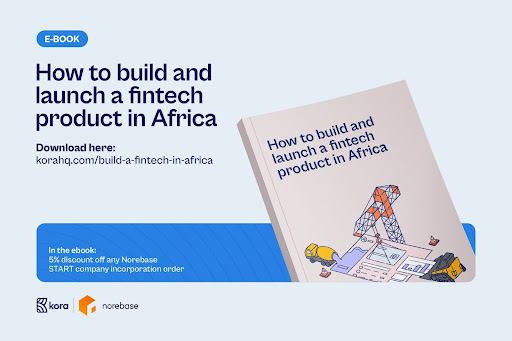
To build a fintech in Africa, you must navigate complicated regulatory regimes, incorporate in each market, get the right licences, and use the right technology stack. Kora and Norebase put everything you need to build in this guide. Check it out.

Written by:Faith Omoniyi & Emmanuel Nwosu
Edited by: Olumuyiwa Olowogboyega & Timi Odueso
Want more of TechCabal?
Sign up for our insightful newsletters on the business and economy of tech in Africa.
- The Next Wave: futuristic analysis of the business of tech in Africa.
- Entering Tech: tech career insights and opportunities in your inbox every Wednesday at 3 PM WAT.
- TC Scoops: breaking news from TechCabal
P:S If you’re often missing TC Daily in your inbox, check your Promotions folder and move any edition of TC Daily from “Promotions” to your “Main” or “Primary” folder and TC Daily will always come to you.

from TechCabal https://ift.tt/uNhnesw
via IFTTT




Write your views on this post and share it. ConversionConversion EmoticonEmoticon